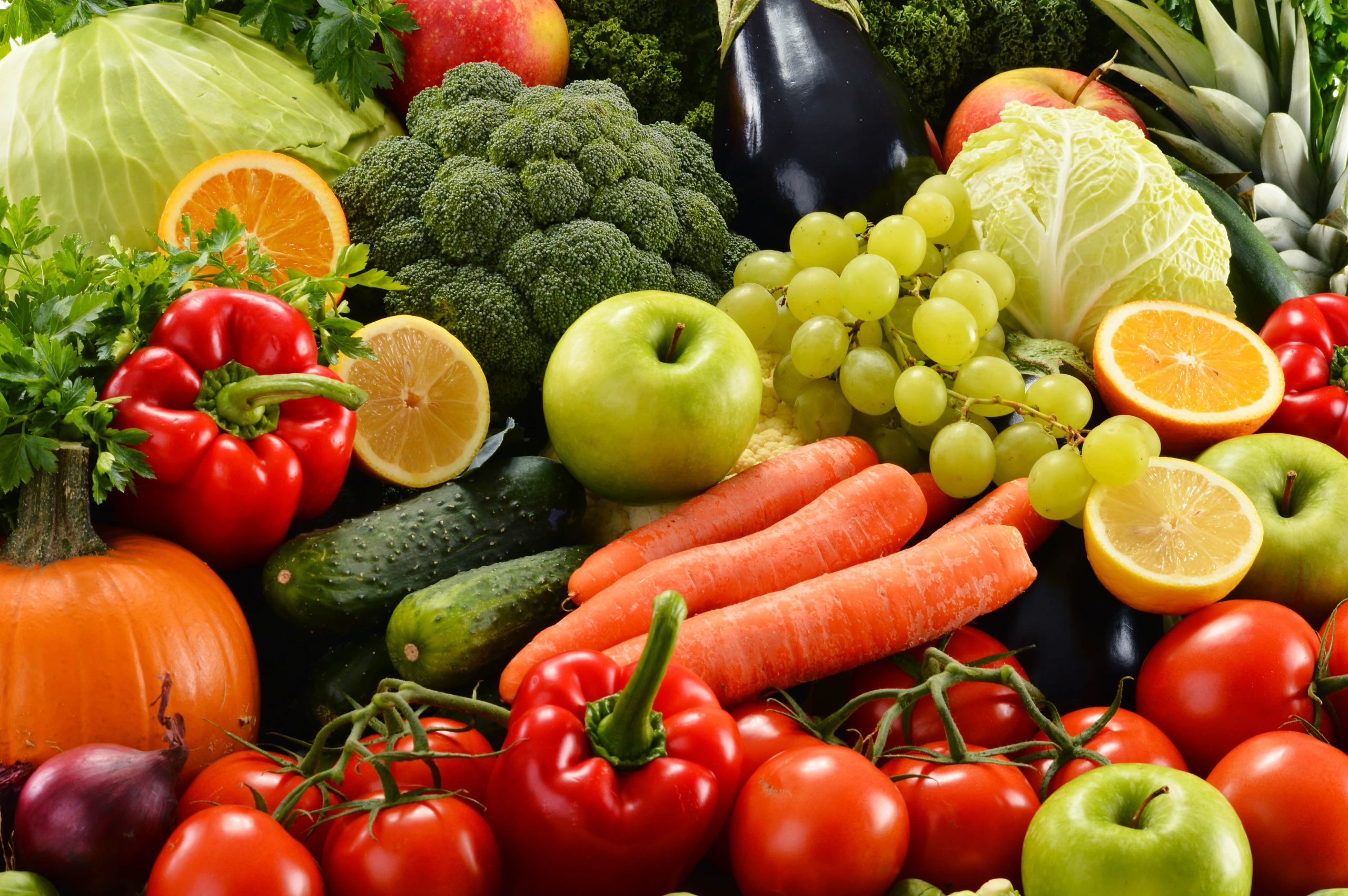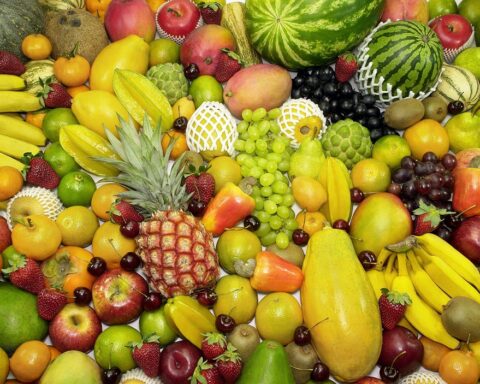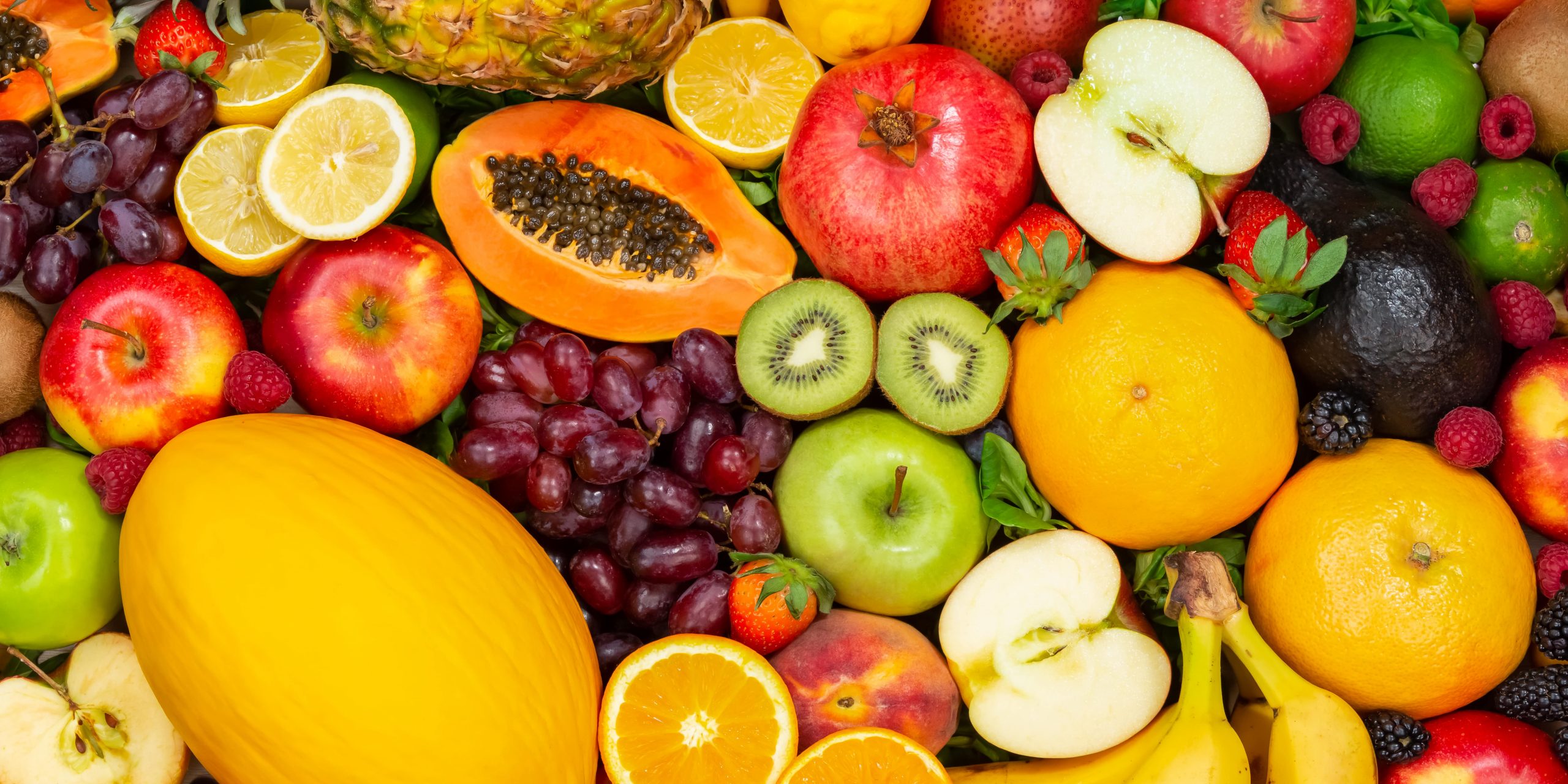Fruits versus vegetables; what is the difference? Can one substitute the other? Both fruits and vegetables are valued for their health and nutritional benefits. Both of them are rarely eaten on their own as a main dish. In terms of structure, acquisition, preparation, and taste, fruits and vegetables are very different. Fruits develop from the ovaries of a plant’s flower, while vegetables are obtained from plants’ leaves, stems, or roots. Fruits can be juiced, eaten whole, or blended to make dessert or smoothies. Vegetables can be cooked or eaten raw.
Botanical difference between fruits and vegetables
There are more fruits that people think are vegetables than vegetables, thought of as fruits. It is important to remember that fruits develop from a plant’s flower and have seeds. Vegetables come from the leaves, roots, or stems. The taste can also be confusing as fruits are generally taken to be sweet, while vegetables are savory. Some vegetables like beets, sweet potatoes, carrots, turnips, and rutabagas are sweet.
Some of the fruits that are thought to be vegetables are:
- Cucumbers
- Chilies
- Capsicum
- Bell peppers
- Pumpkins
- Zucchini/Courgette
- Avocado
- Sweet corn
- Green beans
- Eggplant/Aubergine
- Olives
- Okra
Some of the vegetables that are thought to be fruits are:
- Rhubarb
- Avocadoes
Other plants fall under both fruits and vegetables:
- Tomatoes
- Corn
- Watermelon
- Eggplant
Nutritional similarities of fruits and vegetables
In terms of nutritional value, fruits and vegetables have many similarities though they are not nutritionally equivalent. Some common benefits are:
- Both fruits and vegetables are high in fiber, vitamins, antioxidants, and minerals.
- Most fruits and vegetables are low in fat content.
- Most fruits and vegetables have low sodium content.
- Eating fruits and vegetables reduces the risk of heart disease.
- Both fruit and vegetable consumption can aid in a diet meant for controlling weight.
- The fiber from fruits and vegetables lowers cancer risk and slows down the absorption of sugar, balancing blood sugar levels.
Nutritional differences of fruits and vegetables
In terms of nutritional value, fruits and vegetables have a lot of differences due to their phytochemical profiles:
- Fruits tend to have a higher amount of natural sugar and calories than most varieties of vegetables.
- Leafy green vegetables are richest in carotenoids that boost the immune system, skin health, and brain function.
- Some fruit may contain more fiber per gram compared to vegetables.
- Leafy vegetables contain more water than fruits.
Benefits of adding fruits and vegetables to your diet
- Vegetables from tubers are a good source of beta-carotene, vitamin B and C, and potassium.
- Green leafy vegetables such as kales, spinach, and lettuce are rich in carotenoids, reducing the risk of cancer, stroke, and heart disease. These vegetables are also folate-rich and anti-inflammatory, promoting the body’s detoxification process.
- Berries, grouped as fruits, are full of anti-inflammatory compounds called anthocyanins that promote heart health.
- Citrus fruits are a rich source of vitamin C, antioxidants, beta-carotene, and folate. This combination of nutrients curbs degenerative diseases.
- Non-starch vegetables like asparagus, cabbage, broccoli, and cauliflower contain polyphenols and fiber, which boost gut health by building healthy gut bacteria. A healthy gut prevents problems like Irritable Bowel Syndrome (IBS), diarrhea, and constipation and boosts the immune system and mood.
Ways to add more fruits and vegetables into your diet
It is important to add as many fruits and vegetables as possible to your diet. Contrary to the common practice of using fruits and vegetables as side dishes or accompaniments, fruits and vegetables should be the major part of your meal, with meats and other starches being used as the side dishes.
- Conscientiously opt for vegetables and fruits as your to-go-to snacks between meals instead of other high carb and sugar-filled options.
- Research and experiment with interesting recipes of fruits and vegetables readily available in your area.
- Shop conscientiously and in advance. Have a good supply of assorted premixed vegetables that will take less time to prepare.
- Add vegetables to your cooked meals. For example, instead of a plain omelet, make a Spanish omelet by adding chopped vegetables.
Can one eat too much fruit and vegetables?
Yes, it is possible to eat too many fruits and vegetables. Eating excess fruit can cause health problems, mineral deficiencies, and weight gain from caloric excess. For example, fruits are not a good source of iron or zinc, minerals vital for a healthy diet. Therefore, one cannot rely on being healthy by eating fruits alone. Other potential side effects of eating too much fruit are heartburn, reflux, diarrhea, raising blood sugar, and bloating. Does that mean you avoid fruits altogether? Not at all. Eat plenty of fruits and vegetables in moderation and balance them with other nutritious foods from all food groups.
Ten fun facts about fruits and vegetables
- Bananas are neither fruit, not vegetable. They are an herb distantly similar and related to the ginger plant. The yellow part that you consume is the fruit and contains the seeds.
- Not all oranges are orange in color.
- Tomatoes are a fruit and not a vegetable. In the US, tomatoeshave been labeled legally as vegetables for tax reasons.
- Strawberries have their seeds on the outside. The black dots you see on top of the strawberries are the seeds.
- Pumpkins, avocadoes, and cucumbers are classified as fruits and not vegetables. They develop from a flower and contain seeds.
- Each pineapple plant produces only one pineapple annually.
- Durian fruit is the worst smelling fruit in the world.
- Apples are 25% air; therefore, they float in water.
- Apples give you more energy than coffee.
- Peaches, apples, and raspberries belong to the rose family.
Take home on fruits and vegetables
- Don’t think of fruits versus vegetables; think of fruits and vegetables. They are phytochemically different; hence they have different nutritional benefits.
- Adding both fruits and vegetables to your diet can improve your health and increase your lifespan.
- You should eat two to three servings of fruit and vegetables a day to good health and prevent major chronic diseases.
- Some fruits and vegetables are healthier than others.
- Whole fruits are more nutritious than their juiced counterparts as they have lots of fiber which is beneficial to gut health.
- FDC – Giejo Magazine Article - July 29, 2023
- MoriMa Tea the – Chinese tea culture - April 26, 2023
- Missionary Position – Least Likely To Bring You To Climax - April 7, 2023









